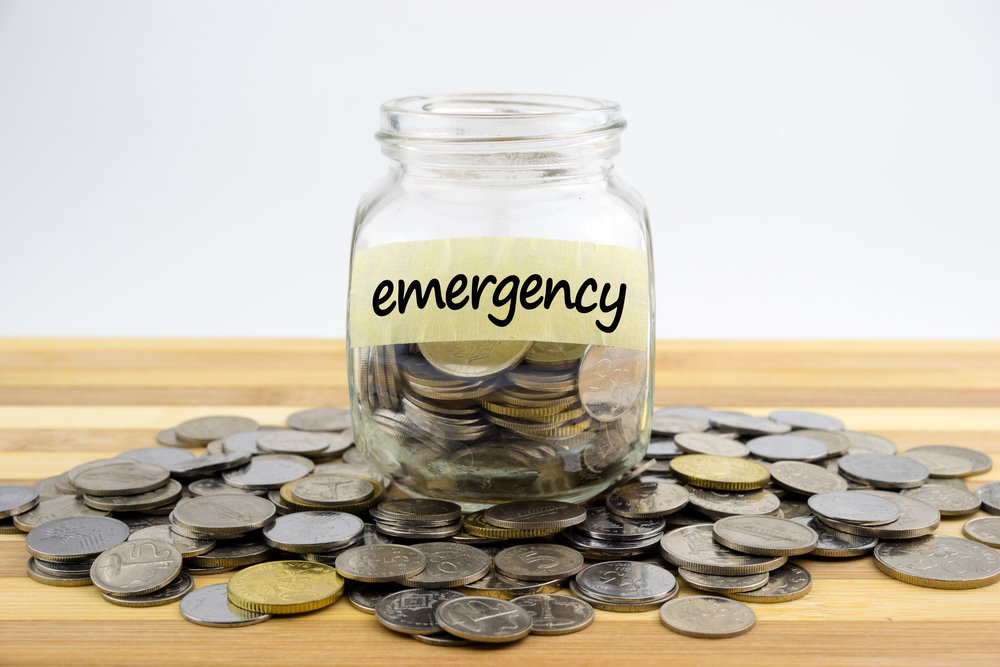Building an Emergency Fund as a Potential New Homeowner
Posted by Ty Wilde on Tuesday, September 10th, 2019 at 7:54am.
If you’ve just closed on a new home purchase or plan to be doing so in the near future, this is both an exciting and important time for you in several areas, namely financially. And while there are several fund-related areas to keep an eye on during this period, one that’s important not to gloss over is the presence of an emergency fund for new homeowners.
At Eagle Mountain Living, we’re proud to offer not only a wide range of properties and homes for sale, but also several real estate agent services including financing. Our agents have years of experience assisting homebuyers with their every need and question, including how much is truly needed for an emergency fund and how this should factor in to mortgage and homebuying calculations. Let’s go over some important areas to think about here.

Micro Fund
To begin with, because we know your money is mostly tied up in a mortgage as you first purchase a given home, you should focus on building a “micro fund” with $1,000 to $2,000, or a couple weeks of pay (whichever is greater). This fund won’t last forever, of course, but it’s meant to help you with any minor expenses that pop up while your other funds are tied up elsewhere. If your car suddenly breaks down or your child gets sick and requires an expensive medication, you know you’re covered without impacting your home purchase in any way.
Long-Term Savings
As you move forward beyond the initial home purchase, most financial experts recommend building an emergency fund with roughly three to six months’ worth of expenses in it. For most homebuyers, this means slowly building up toward this level – simply having this sort of cash on hand immediately isn’t usually realistic.
Once you’ve already established your micro fund, look for ways to begin contributing to the long-term savings fund. Add as much as you can realistically over a period of months until you have a nice backup nest egg in place.
Expenses to Evaluate
One of the best tactics to take here is looking at all your expenses, then calculating a monthly average and also noting infrequent or varying bills that change often. This will help you get an idea of the amount you need in your fund. Some areas to look at include:
- Housing costs: Mortgage payment, HOA fees, property taxes, utilities, phone and internet, and various appliance or maintenance costs
- Debts: Student loans or other non-mortgage debts
- Transportation: Car payments, vehicle insurance, parking costs, gas and maintenance
- Meals, personal care and dependents like children
- Health: Health insurance, medical bills, medicines or supplements
- Entertainment and other miscellaneous expenses
For more on building an emergency fund as a new homeowner, or to learn about any of our homes for sale, speak to the staff at Eagle Mountain Living today.

